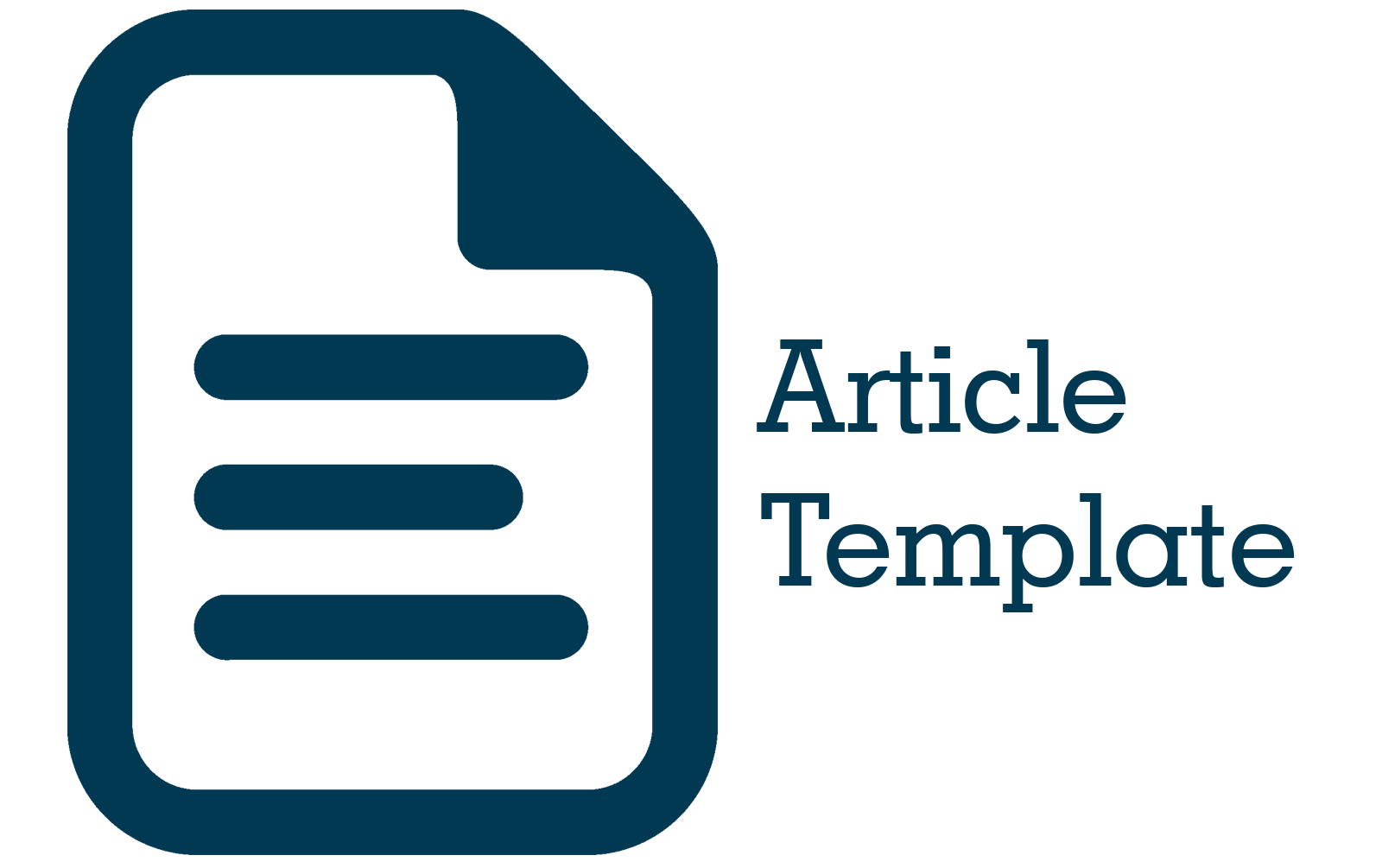Studi Literatur: Hubungan Obesitas dengan Gangguan Tidur pada Mahasiswa
Abstract
Abstract. Sleep disorders are a problem that often occurs in students. One of the causes of sleep disorders which is also very common in students because it is influenced by lifestyle is obesity. This research was conducted to find out whether sleep disorders in students can be caused by obesity. From previous studies it was explained that obesity can cause fat accumulation which can later cause anatomical and physiological changes in the airways and cause difficulty in breathing and impact on poor sleep quality due to difficulty in breathing.
Abstrak. Gangguan tidur merupakan masalah yang sering terjadi pada mahasiswa. Salah satu penyebab gangguan tidur yang juga banyak terjadi pada mahasiswa karena dipengaruhi oleh gaya hidup adalah obesitas. Penelitian ini dilakukan untuk mengetahui apakah gangguan tidur pada pelajar dapat disebabkan oleh obesitasdari studi sebelumnya dijelaskan bahwa kondisi obesitas dapat menyebabkan adanya penumpukan lemak yang nantinya dapat menyebabkan perubahan saluran nafas secara anatomis dan fisiologis dan menyebabkan kesulitan dalam bernafas dan berdampak pada kualitas tidur yang buruk karena kesulitan dalam bernafas.
References
Schlarb A, Friedrich A, Claßen M. Sleep problems in university students – an intervention. Neuropsychiatr Dis Treat. 2017 Jul;Volume 13:1989–2001.
Hargens T, Kaleth, Edwards, Butner. Association between sleep disorders, obesity, and exercise: a review. Nat Sci Sleep. 2013 Mar;27.
Vats MG, Mahboub BH, Al Hariri H, Al Zaabi A, Vats D. Obesity and Sleep-Related Breathing Disorders in Middle East and UAE. Vol. 2016, Canadian Respiratory Journal. Hindawi Limited; 2016.
Nixon JP, Mavanji V, Butterick TA, Billington CJ, Kotz CM, Teske JA. Sleep disorders, obesity, and aging: The role of orexin. Vol. 20, Ageing Research Reviews. Elsevier Ireland Ltd; 2015. p. 63–73.
Karna B, Sankari A, Tatikonda G. Sleep Disorder. 2022.
Roehrs TA, Roth T. Sleep Disturbance in Substance Use Disorders. Vol. 38, Psychiatric Clinics of North America. W.B. Saunders; 2015. p. 793–803.
Levenson JC, Kay DB, Buysse DJ. The Pathophysiology of Insomnia. Chest. 2015 Apr;147(4):1179–92.
Memon J, Manganaro SN. Obstructive Sleep-disordered Breathing. 2022.
Bollu PC, Manjamalai S, Thakkar M, Sahota P. Hypersomnia. Mo Med. 2018;115(1):85–91.
Steele TA, St Louis EK, Videnovic A, Auger RR. Circadian Rhythm Sleep-Wake Disorders: a Contemporary Review of Neurobiology, Treatment, and Dysregulation in Neurodegenerative Disease. Neurotherapeutics. 2021 Jan;18(1):53–74.
Ramar K, Malhotra RK, Carden KA, Martin JL, Abbasi-Feinberg F, Aurora RN, et al. Sleep is essential to health: An American Academy of Sleep Medicine position statement. Journal of Clinical Sleep Medicine. 2021 Oct 1;17(10):2115–9.
Chou CH, Yin JH, Chen SY, Lin CC, Sung YF, Chung CH, et al. The potential impact of sleep-related movement disorders on stroke risk: a population-based longitudinal study. QJM. 2017 Oct 1;110(10):649–55.
Rapoport DM, Mitchell JJ. Pathophysiology, evaluation, and management of sleep disorders in the mucopolysaccharidoses. Vol. 122, Molecular Genetics and Metabolism. Academic Press Inc.; 2017. p. 49–54.
Blume C, Garbazza C, Spitschan M. Effects of light on human circadian rhythms, sleep and mood. Vol. 23, Somnologie. Dr. Dietrich Steinkopff Verlag GmbH and Co. KG; 2019. p. 147–56.
Boubekri M, Lee J, Macnaughton P, Woo M, Schuyler L, Tinianov B, et al. The impact of optimized daylight and views on the sleep duration and cognitive performance of office workers. Int J Environ Res Public Health. 2020 May 1;17(9).
Mainieri G, Montini A, Nicotera A, Di Rosa G, Provini F, Loddo G. The genetics of sleep disorders in children: A narrative review. Vol. 11, Brain Sciences. MDPI; 2021.
Do D. Trends in the use of medications with insomnia side effects and the implications for insomnia among US adults. J Sleep Res. 2020 Aug 1;29(4).
Lenz TL. Drugs That Negatively Affect Sleep. Vol. 8, American Journal of Lifestyle Medicine. SAGE Publications Inc.; 2014. p. 383–5.
Schlarb AA, Claßen M, Grünwald J, Vögele C. Sleep disturbances and mental strain in university students: Results from an online survey in Luxembourg and Germany. Int J Ment Health Syst. 2017 Mar 29;11(1).
Yosa NurSidiq Fadhilah, Suganda Tanuwidjaja, and Asep Saepulloh, “Hubungan Aktivitas Fisik Dengan Kejadian Obesitas Pada Anak Sekolah Dasar Negeri 113 Banjarsari Kota Bandung Tahun 2019-2020,” Jurnal Riset Kedokteran, vol. 1, no. 2, pp. 80–84, Dec. 2021, doi: 10.29313/jrk.v1i2.449.
Pratama SN, 1 P, Garna H, Akbar MR. Hubungan Indeks Massa Tubuh, Kualitas Tidur, dan Tekanan Darah dengan Tingkat Stres Karyawan Pabrik PT Primastra Sandang Lestari Bandung Tahun 2022 (Internet). Vol. 1. 2023. Available from: https://journal.sbpublisher.com/index.php/pharmacomedic.











